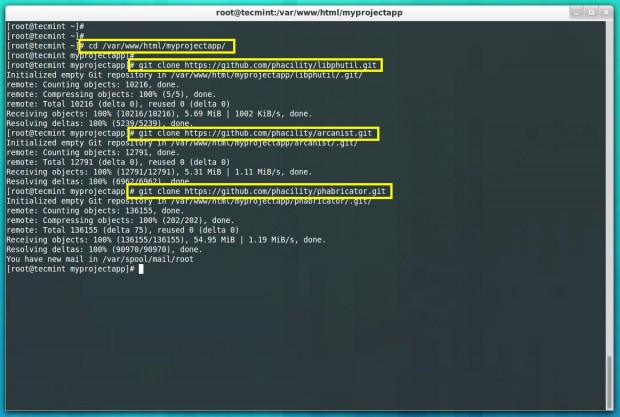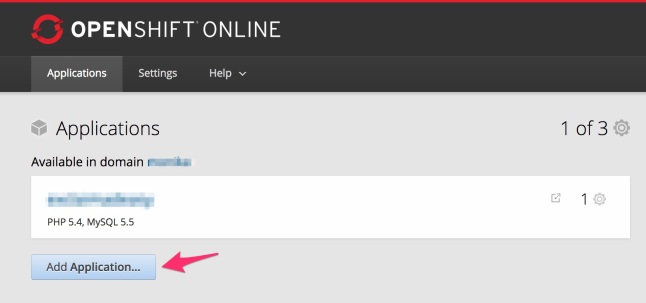Install A2enmod Redhat
For RHEL platforms using default-64-bit userspace (x86_64, ia64,?) this path will be /usr/lib64/httpd/modules/. Then add a LoadModule line to the httpd.conf, using the following structure: LoadModule. Where is the name of the module and is the.
Welcome to LinuxQuestions.org, a friendly and active Linux Community. You are currently viewing LQ as a guest. By joining our community you will have the ability to post topics, receive our newsletter, use the advanced search, subscribe to threads and access many other special features. Registration is quick, simple and absolutely free.
Note that registered members see fewer ads, and ContentLink is completely disabled once you log in. Are you new to LinuxQuestions.org? Visit the following links: If you have any problems with the registration process or your account login, please. If you need to reset your password,.

Having a problem logging in? Please visit to clear all LQ-related cookies. Introduction to Linux - A Hands on Guide This guide was created as an overview of the Linux Operating System, geared toward new users as an exploration tour and getting started guide, with exercises at the end of each chapter.
For more advanced trainees it can be a desktop reference, and a collection of the base knowledge needed to proceed with system and network administration. This book contains many real life examples derived from the author's experience as a Linux system and network administrator, trainer and consultant.
They hope these examples will help you to get a better understanding of the Linux system and that you feel encouraged to try out things on your own. To receive this Complete Guide absolutely free. I have been asked to evaluate a product called Koha which seems to require an Apache installation which includes programs beginning with 'a2' (such as a2enmod and s2ensite), and which expects an /etc/apache2 file structure.
My research tells me that this represents a standard Apache environment on Debian Linux, but my RHEL 5.3 environment is nothing like this. Is it possible to install Apache 2 on RHEL so it looks like Debian?
Red Hat Amphitheater
Is it desirable to do so? Would it screw up my other applications? Thanks, Sanford Stein. Thanks to everyone for their responses. Billymayday: I see the file to which you are referring-it's about 20 pages long so I will need to read it, but it may circumvent the Apache problem. I will probably try the procedure later this week and let you know.
Wim: The 'a2.' Programs are supposedly part of Apache 2, but they are not in my standard RHEL distribution. Yes, there are probably equivalent workarounds somewhere, but that seems like the hard way.

Red Hat
Anomie: Even if I do that link, the programs that I need (such as /etc/apache2/bin/a2enmod) are still not present on my distribution. To my knowledge, they are not part of apache. I run two Slackware (LAMP) servers and have never used those commands. I did check both a Slackware 10.1 server (apache 1.x) and a Slackware 12 server (apache 2.2.4) and they don't know the commands. I've read somewhere that Slackware is known to be a very pure distro meaning that you get the original software as intended by the developers; so if Apache did not supply it, it will not be there.
LegalForce Network can help you incorporate a business around your CREATIVE TVCODER trademark in less than 5 minutes. Each month hundreds of trademarks around the world are filed by licensed attorneys in the LegalForce/Trademarkia network! Trademarkia is the largest search engine for U.S. Creative tvcoder external drivers. You can in the world through LegalForce Network.
But I might be wrong. Unfortunately, each distro seems to have its own approach with regards to apache. Slackware 12 uses a generic httpd.conf and in there it includes a number of files depending on the functionality that is required. Code: # # modphp - PHP Hypertext Preprocessor module # # Load the PHP module: LoadModule php5module lib/httpd/modules/libphp5.so # Tell Apache to feed all.php files through PHP. If you'd like to # parse PHP embedded in files with different extensions, comment out # this line and see the example below. AddType application/x-httpd-php.php # Tell Apache to feed all.php,.html, and.htm files through # the PHP module.
Add or subtract extensions here as desired. Please # note that running pages through PHP for no reason can be both slow # and insecure, so be sure to know what you're doing. It's a convenient # shortcut, but probably isn't suitible for high-traffic sites if you # write any of your pages in straight HTML.
#AddType application/x-httpd-php.php.html.htm # This will display PHP files in colored syntax form. Use with caution. #AddType application/x-httpd-php-source.phpsI suggest that you check how RH approaches the apache configuration and take it from there. If you run into problems, post the relevant instructions for koha and someone with RH experience might be able to tell you how it can be implemented on RH. Note: instead of including httpd-vhosts.conf, one can put the content of httpd-vhosts.conf in httpd.conf. Disadvantage is that httpd.conf gets bigger for everything that you want to use (modules, virtual hosting, https etc) and therefore more difficult to maintain.